What is CMMC compliance? Many businesses and organizations associate this certification program with security. That is certainly the most crucial aspect, and achieving compliance should be a top priority—but it also offers a competitive advantage.
Government contracting clients are increasingly concerned about data protection and are more likely to choose businesses that take their security seriously. By obtaining CMMC compliance, your business can demonstrate to potential clients that you value safeguarding their sensitive information and are committed to maintaining a strong cybersecurity posture.
What Is CMMC Compliance and Why Does It Matter?
The Cybersecurity Maturity Model Certification (CMMC) is a framework developed by the Department of Defense (DoD) to ensure sensitive unclassified information is effectively safeguarded. This program ensures that any organization, contractor, and subcontractor handling Federal Contract Information (FCI) and Controlled Unclassified Information (CUI) meets specific security requirements.
The Cybersecurity Maturity Model Certification (CMMC) framework consists of three distinct levels, each representing an increasing degree of cybersecurity maturity. For more detailed information on what CMMC compliance is, please visit the official CMMC website.
Level 1: Basic Safeguarding of FCI
FCI includes any information provided by or generated for the government under a contract, excluding public information. Level 1 certification requires the implementation of 15 basic security requirements from FAR clause 52.204-21 to protect FCI from unauthorized access and disclosure, and is achieved with annual self-assessments.
Level 2: Broad Protection of CUI
Level 2 certification builds upon Level 1 requirements with 110 security requirements from NIST SP 800-171 Revision 2 to protect CUI. Most organizations must undergo a third-party C3PAO assessment to achieve this level of compliance every three years with annual affirmations.
Level 3: Higher-Level Protection of CUI Against Advanced Persistent Threats (APTs)
Level 3 certification builds upon Level 2 requirements and adds 24 security requirements from NIST SP 800-172 to protect against advanced cyber threats. Organizations at this tier must undergo an assessment every three years from the Defense Contract Management Agency’s Defense Industrial Base Cybersecurity Assessment Center (DIBCAC), as well as annual affirmations.
Key CMMC Requirements Your Business Needs to Know
If you handle FCI or CUI, your organization must meet specific security requirements to achieve and maintain CMMC compliance. You can find these requirements in the frameworks and guidelines provided by the DoD, including NIST SP 800-171 Rev. 2 and NIST SP 800-172. Some key requirements your business should be aware of include:
- Comprehensive cybersecurity measures and controls
- Reliable documentation and policies
- Effective employee training
- Continuous monitoring and assessment
Common CMMC Compliance Challenges Businesses Face
CMMC compliance isn’t a one-time effort—it requires a multi-layered approach. Since the CMMC framework is still relatively new, many businesses may feel overwhelmed by the requirements and unsure how to implement them effectively.
Initially, you might struggle with resource allocation, understanding each requirement, incorporating proper technical infrastructure, and staying up-to-date with changes. This is completely normal! Consulting with cybersecurity experts can alleviate some of these challenges and help your business achieve and maintain compliance more efficiently.
5 Steps to Achieve and Maintain CMMC Compliance
In the meantime, try walking through these steps to jumpstart your compliance efforts and better understand what CMMC compliance is.
1. Conduct a Gap Analysis
First, conduct a thorough gap analysis to determine where your organization stands in terms of compliance. This includes evaluating your current systems, policies, and procedures against the requirements outlined in the CMMC framework. The results will act as your roadmap as you work towards achieving compliance.
2. Develop a Plan of Action and Milestones (POA&M)
Based on the gap analysis, develop a plan of action and milestones (POA&M) to guide your efforts. Include specific tasks, target completion dates, and responsible parties to ensure accountability and progress.
3. Implement Required Security Controls
Start implementing the necessary security controls and measures to achieve compliance. Of course, this looks different depending on what kind of information your organization handles, but some general measures include software updates, data encryption, and access controls.
4. Engage with a CMMC Consultant
Struggling to navigate the complex requirements of CMMC compliance? Consider working with a CMMC consultant! Often, these professionals can help you develop, implement, and maintain a customized compliance plan specific to your organization. Plus, they can offer advanced insight into the latest updates and changes to the framework.
5. Regular Audits and Continuous Improvement
Regular audits and continuous improvement are necessary to maintain compliance and keep up with the evolving threats in the cybersecurity landscape. Be sure to schedule regular assessments and make any necessary updates or improvements to your security infrastructure and practices.
How CMMC Compliance Can Give Your Business a Competitive Edge
Maybe you can answer the question “What is CMMC compliance?” but you’re not familiar with the competitive advantage it offers. Depending on the types of contracts your business is seeking, CMMC compliance could be a critical factor in winning new government clients.
Achieving higher tiers of CMMC compliance shows potential clients that your organization has invested time, resources, and effort into protecting highly sensitive information. This opens the gate for new business opportunities and solidifies trust with current clients.
Plus, staying compliant basically ensures that your cybersecurity posture remains extremely strong. Who wouldn’t want to work with an organization that takes security seriously?
Achieve Consistent Compliance With Simple Systems
If your organization handles FCI or CUI—or if you’re interested in winning lucrative government contracts—CMMC compliance is an essential aspect of staying competitive.
At Simple Systems, our team specializes in helping businesses understand, implement, and maintain CMMC compliance. We’ll assess your current controls against the required standards, develop a POA&M, and help you stay on track with regular assessments. Leave the hard work to us so you can focus on winning new opportunities. Contact us today to learn more!


